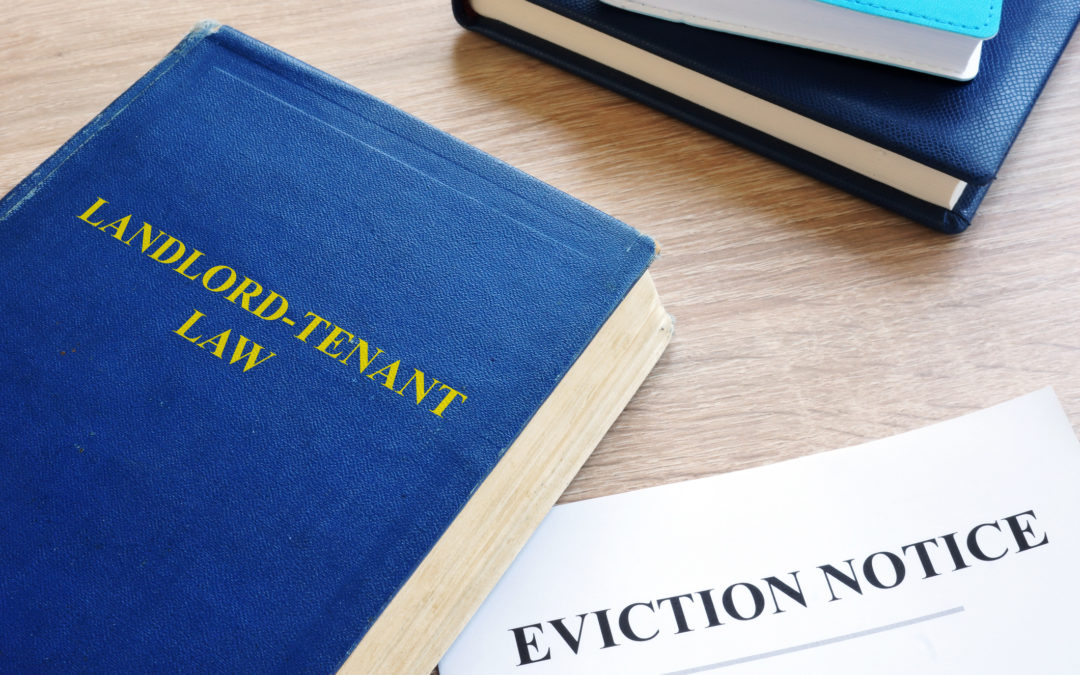Landlord-tenant eviction cases can be decided in favor of tenants due to a small thing like not being given a proper notice. Having a tenant lawyer on your side who pays attention to the rules can make a big difference.
The Landlord’s Mistake
In October, 2018 a tenant who rented a HUD Section 8 apartment, received a 10 day notice to pay her rent or vacate. The tenant owed $258 to the landlord; the tenant did not pay the back rent within 10 days. The landlord then filed a complaint for unlawful detainer, also known as an eviction action. The tenant, a single mother of 2, answered the complaint, stating the landlord would not accept her rent, the complaint was filed prior to the expiration of the 10 day notice, and it did not include the legally required VAWA (Violence Against Women Act) notice. Federal law requires that a notice to pay rent or quit given to a tenant who lives in a Section 8 apartment must include a VAWA notice.
The Judge’s Decision
A court trial was held. The judge decided since the 10-notice to pay late rent was not based on any violence against women, the landlord did not have to provide the VAWA notice. The landlord won. Fortunately, the woman and her attorney appealed.
The Tenant Prevails and Avoids Eviction
The appellate court looked at the rules. The appellate court decided the landlord was required to give the tenant the VAWA notice along with the 10-day notice to pay rent or quit. Since the 10-day notice was the basis of the lawsuit for the tenant’s eviction, the entire eviction action against the tenant was illegal. The tenant won; she was allowed to stay in her home.
Had the tenant and her attorney not continued to fight the landlord’s failure to comply with the law, the tenant would have been evicted. If you receive an eviction action, consult a tenant lawyer who knows the law.
Know your rights. Protect yourself.


 (415) 533-0735
(415) 533-0735 (415) 843-0496
(415) 843-0496